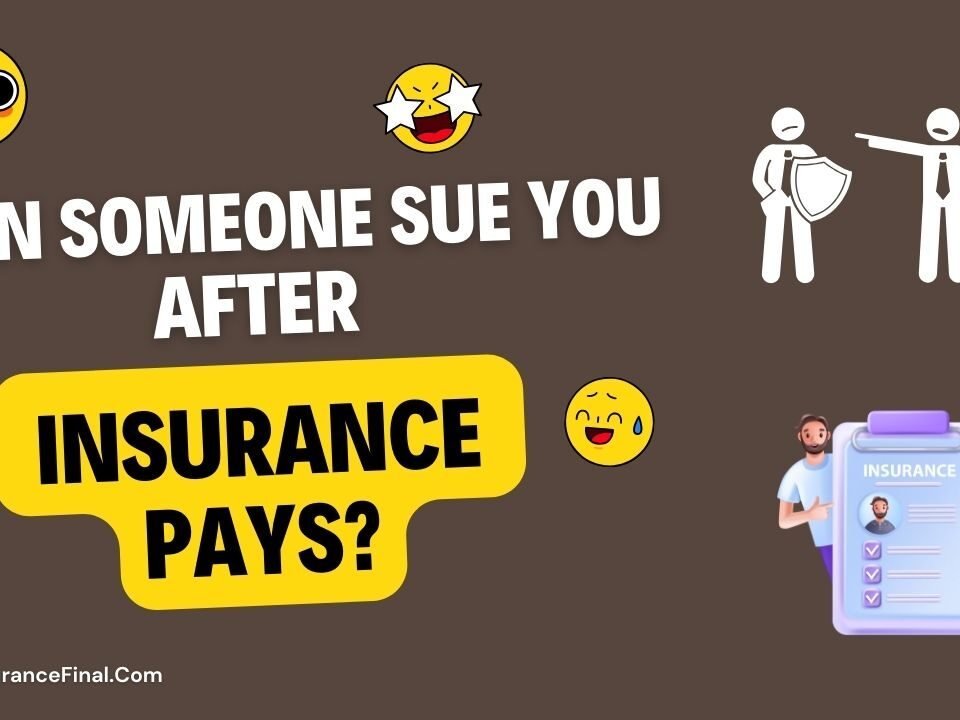Does Laser Teeth Cleaning Covered by Insurance? (Answered)

Does Insurance Cover Dog Bites in the USA? (Guide 2026)
September 22, 2023
Is Root Canal Covered by Insurance in the USA? (Answered 2026)
September 22, 2023Laser teeth cleaning is a relatively new dental procedure that uses lasers to remove plaque and tartar from teeth. It is a more expensive procedure than traditional teeth cleaning, but it is also faster and less invasive.
Does insurance in USA cover laser teeth cleaning?
The answer to this question is: it depends. Most dental insurance plans cover preventive care, such as routine exams and cleanings. However, some plans may not cover laser teeth cleaning, especially if it is considered a cosmetic procedure.
If you are considering laser teeth cleaning, you should contact your insurance company to see if it is covered under your plan. You may also want to ask your dentist if they offer any discounts on laser teeth cleaning for patients who pay out of pocket.
Why might laser teeth cleaning not be covered by insurance?
There are a few reasons why laser teeth cleaning may not be covered by insurance. First, it is a newer procedure, and some insurance companies have not yet added it to their list of covered services. Second, laser teeth cleaning is more expensive than traditional teeth cleaning, and insurance companies may not want to pay for it. Third, laser teeth cleaning is sometimes considered a cosmetic procedure, and cosmetic procedures are typically not covered by insurance.
Pros:
Some plans may offer partial coverage if you’ve met your deductible or provide a discount on laser cleanings. If covered, you’ll usually pay a copay or coinsurance rate for your portion of the service.
Cons:
Most insurance policies don’t consider laser dental cleanings medically necessary and won’t cover any portion of the cost. Out-of-pocket costs may range from $100 to $300 per visit.
What are the benefits of laser teeth cleaning?
Laser teeth cleaning has a number of benefits, including:
- It is faster and less invasive than traditional teeth cleaning.
- It can remove plaque and tartar from hard-to-reach areas of the mouth.
- It can reduce the risk of gum disease.
- It can whiten teeth.
If laser teeth cleaning is not covered by my insurance, how much will it cost?
The cost of laser teeth cleaning varies depending on the location of the dental office and the experience of the dentist. However, you can expect to pay between $200 and $500 for laser teeth cleaning.
Recommended Guides for you:
- Is Teeth Whitening Covered By Insurance in USA
- Does Insurance Cover Dog Bites in the USA
- Is Root Canal Covered by Insurance in the USA?
- How Much Does Allergy Test Cost Without Insurance
- Does Health Insurance Cover Chiropractic? (Full Guide)
Conclusion
If you are considering laser teeth cleaning, you should contact your insurance company to see if it is covered under your plan. You may also want to ask your dentist if they offer any discounts on laser teeth cleaning for patients who pay out of pocket.




